The jihadist assaults in Paris on Charlie Hebdo have sparked allegations of a failure by French intelligence and security agencies.
The attacks in Paris on the satirical magazine Charlie Hebdo and a Jewish supermarket, as well as two French police officers, have prompted analysts and the media to often jump to hasty conclusions. Terms such as intelligence failure and al-Qaeda are liberally employed with no clear definition of what they mean or refer to. Defining how those terms apply is crucial to understanding the events of recent days in Paris.
There is little doubt that Cherif and Said Kouachi, the two brothers suspected of killing 12 people in the attack on the offices of Charlie Hebdo, had long been on the radar of French police and intelligence. So was Amedy Coulibaly, the gunman who is believed to have shot two French police officers a day after the Charlie Hebdo assault and then took hostages in a Jewish supermarket a day later. Similarly, Hayat Boumedienne, Coulibaly’s wife, who is reported to have escaped to Syria, was long known for her association with radical groups.
Cherif Kouachi spent 18 months in a French prison for helping foreign fighters join jihadist groups in Iraq. Like his brother, Said, Cherif was on a US no-fly list. Cherif, moreover, was known to have spent time in a training camp in Yemen of al-Qaeda in the Arabian Peninsula (AQAP). Coulibaly was, with the Kouachi brothers, a member of Buttes-Chaumont, a network that recruited radicalized French youths to fight in Iraq in the early 2000s. Pictures of Boumedienne dressed in the full black dress worn by some religious Muslim women firing a weapon have emerged in recent days.
Falling Beneath the Radar
The three men and Boumedienne were in contact with Djamel Beghal, a disciple in London of Abu Hamza al-Masri, an Egyptian cleric who was sentenced to seven years in prison in Britain and last year extradited to the United States on terrorism charges. Bhegal was released from French prison in 2011 after serving time for planning an attack on the US Embassy in Paris.
The obvious question is how known Islamist militants who were on the radar of French and other security services could have prepared for three lethal attacks within a matter of days in Paris without having attracted attention. The obvious conclusion is that the attacks constitute a massive intelligence failure. Indeed, it was. But then every successful politically motivated violent attack on civilian or government targets constitutes an intelligence failure.
That is a relatively useless conclusion without knowing whether the failure was the result of negligence, faulty intelligence, laxness, culpable faulty judgment or overstretched resources. To establish that, one would have to evaluate the various threats intelligence and security services were dealing with at a given point in time and pass judgment on the evaluation of their seriousness and prioritization of those threats. One would also have to know the results of initial surveillance of someone like Cherif after his return from Yemen. Finally, insight into the degree of intelligence sharing between the US and France given the American targeting of AQAP is a key factor.
To be sure, the services’ resources are stretched with up to 1,000 Frenchmen having joined jihadist groups in Syria and Iraq. Many of them have become disillusioned and an unknown number may have returned to France. With no intelligence or security service being legally or physically able to monitor suspected radicals 24/7 around the clock, intelligence failures are par for the course. As a result, to establish the nature of the failure, a classified inquiry would have to be launched, which could establish to what degree intelligence and security forces are to blame.
Perhaps the most solid indictment of the French services is the fact that the Kouachi brothers were able to collect a cache of arms in their apartment in a country where assault rifles and rocket launchers are not easily available. That failure is, however, as much an intelligence one as it is of a government policy that has failed to ensure that North African immigrants are made to feel that they are an integral and welcome part of France.
Lone Wolves
Similarly, the role in and degree of responsibility of AQAP in the Paris attacks is perceived as absolute by analysts and the media following the revelation that Cherif had trained in Yemen and AQAP’s claiming credit for the attacks. AQAP’s responsibility given its relationship with Cherif is beyond doubt.
Analysis of past al-Qaeda-inspired attacks on Western targets suggests, however, that the group is often not operationally and logistically involved in the preparation of an operation, despite its insistence that it signs off on any operation outside an affiliate’s immediate area of activity.
Militants who were trained by an al-Qaeda affiliate like AQAP often act on a general directive issued by the group rather than in close cooperation with it. These militants act at a time and place of their own choosing. The fact that attacks are often locally conceived and planned complicates detection by intelligence and security services. That appears to have been the case in Paris.
On the assumption that the Paris perpetrators operated on their own rather than under the immediate command and control of AQAP, they are in some ways more motivated and better trained and better equipped lone wolves, local nationals operating on their own whether as individuals or members of a local group.
 Building Trust
Building Trust
For policymakers and intelligence and security services, that means timely information and law enforcement is not sufficient. Confronting threats will have to involve building relationships of trust that are solidified by minorities believing that they are an integral part of society. Those relationships are tenuous in France.
The sense of unity displayed in mass demonstrations in Paris and other French cities in recent days, in which immigrants and their descendants participated, offers French authorities an opportunity to start a process that could further and truly isolate people like the Kouachis in their own communities, and ensure that the threat they pose is brought to the attention of authorities in a timely fashion.
*[This article was originally published by Fair Observer’s content partner, S. Rajaratnam School of International Studies.]
Fair Observer is a nonprofit organization dedicated to informing and educating global citizens about the critical issues of our time. Please donate to keep us going.
The views expressed in this article are the author’s own and do not necessarily reflect Fair Observer’s editorial policy.
Photo Credit: Hadrian / DrimaFilm / Netfalls – Remy Musser / Shutterstock.com
Support Fair Observer
We rely on your support for our independence, diversity and quality.
For more than 10 years, Fair Observer has been free, fair and independent. No billionaire owns us, no advertisers control us. We are a reader-supported nonprofit. Unlike many other publications, we keep our content free for readers regardless of where they live or whether they can afford to pay. We have no paywalls and no ads.
In the post-truth era of fake news, echo chambers and filter bubbles, we publish a plurality of perspectives from around the world. Anyone can publish with us, but everyone goes through a rigorous editorial process. So, you get fact-checked, well-reasoned content instead of noise.
We publish 2,500+ voices from 90+ countries. We also conduct education and training programs
on subjects ranging from digital media and journalism to writing and critical thinking. This
doesn’t come cheap. Servers, editors, trainers and web developers cost
money.
Please consider supporting us on a regular basis as a recurring donor or a
sustaining member.
Will you support FO’s journalism?
We rely on your support for our independence, diversity and quality.






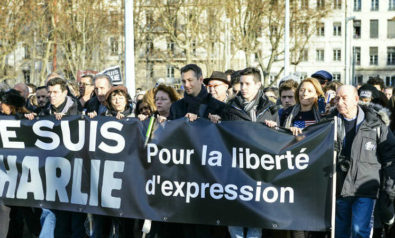

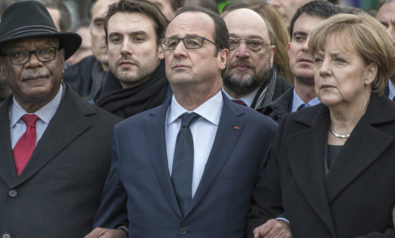
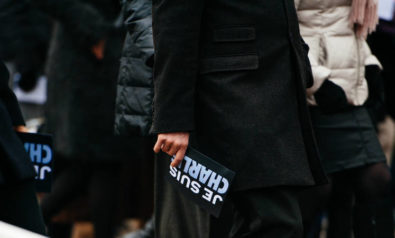
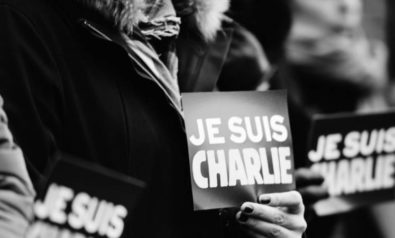
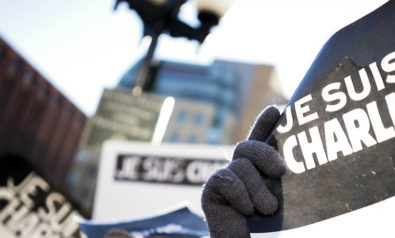


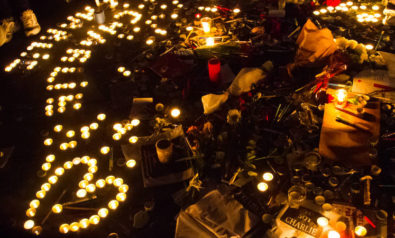
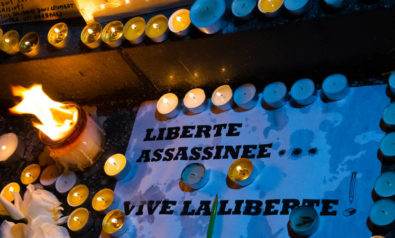
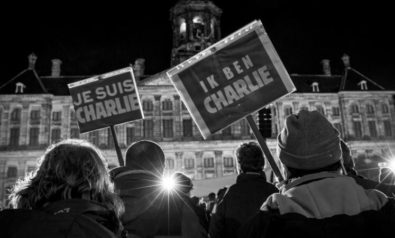
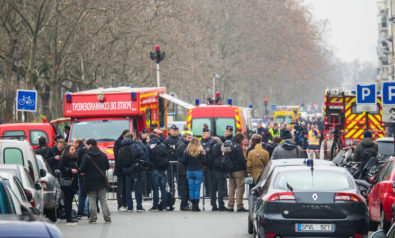
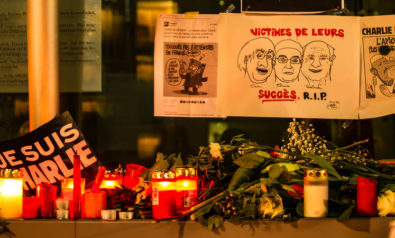
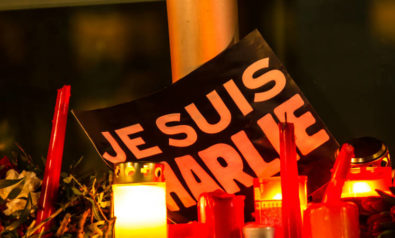

Comment